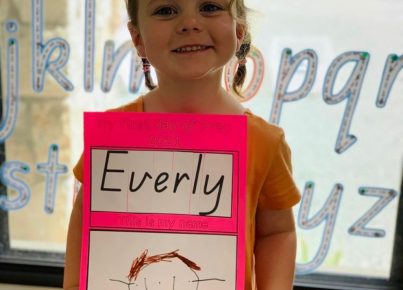Introduction:
Keeping young children engaged and entertained after school can often seem daunting, especially when trying to balance the importance of learning and having fun. However, there are numerous after-school activities that cater to both the educational and recreational needs of elementary school-aged children. These activities not only provide opportunities for kids to have fun, but also help them make new friends, build self-esteem, and develop essential skills.
1. Art Club: Drawing, painting, and crafting activities can bring out a child’s creative side while offering a stress-relieving outlet.
2. Science Club: Conducting experiments and learning about nature foster curiosity in young learners.
3. Robotics Club: Building robots introduces children to the concepts of design, engineering, programming, and teamwork.
4. Drama Club: Acting can improve a child’s confidence and public speaking skills.
5. Gardening Club: Planting vegetables or flowers teaches responsibility and helps kids connect with nature.
6. Book Club: Reading together encourages literacy and comprehension while forming friendships.
7. Chess Club: Mastering chess enhances problem-solving abilities and strategic thought.
8. Yoga Classes: Yoga promotes flexibility, relaxation, concentration, and a healthy lifestyle.
9. Dance Classes: Kids can explore different dance styles while exercising and expressing themselves creatively.
10. Music Lessons: Learning an instrument nurtures discipline, patience, creativity, and listening skills.
11. Photography Club: Kids develop artistic expression and technical skill through photography practice.
12. Sports Teams: Soccer, basketball, swimming, or gymnastics foster teamwork, perseverance, physical health, and sportsmanship.
13. Creative Writing Workshop: Encouraging children to put pen to paper cultivates their imagination and storytelling abilities.
14. LEGO Club: Building with LEGO bricks ignites creativity while honing fine motor skills.
15. Outdoor Exploration Group: Hiking local parks or exploring the great outdoors nurtures a love for nature and promotes physical activity.
16. Origami Club: Origami reinforces geometry and spatial reasoning in an engaging way.
17. Cooking Classes: Preparing simple recipes empowers children with essential life skills and fosters healthy eating habits.
18. Sign Language Club: Learning sign language enhances communication skills and promotes inclusivity.
19. Film Club: Watching and discussing movies cultivates critical thinking, empathy, and cultural appreciation.
20. Volunteer Opportunities: Engaging in community service projects instills responsibility and social awareness.
21. Knitting or Crochet Circle: Fiber arts teach patience while developing fine motor skills and creativity.
22. Board Game Club: Strategizing in board games promotes critical thinking, problem-solving, and collaborative skills.
23. Martial Arts Classes: Practical self-defense techniques also boost self-discipline, focus, respect, and mental resilience.
24. Nature Art Workshop: Combining natural elements into artwork nurtures a child’s connection with the environment while inspiring creativity.
25. Puzzle Club: Solving puzzles together fosters logical reasoning, troubleshooting, teamwork, and communication.
26. Buddy Reading Program: Pairing older students with younger ones to read together boosts reading skills and instills a sense of mentorship.
27. Mindfulness Meditation: Teaching mindfulness can help children develop healthy coping strategies for stress by promoting inner calmness and self-awareness.
28. Scavenger Hunts: Planning scavenger hunts promotes problem-solving skills while adding excitement to outdoor adventures.
Conclusion:
Each child is unique in their interests, needs, and strengths; therefore, providing a variety of diverse extracurricular activities empowers them to explore new passions and cultivate lifelong skills. With these 28 fun after-school activities available to elementary school kids, parents and educators can ensure that learning continues beyond the classroom walls.




